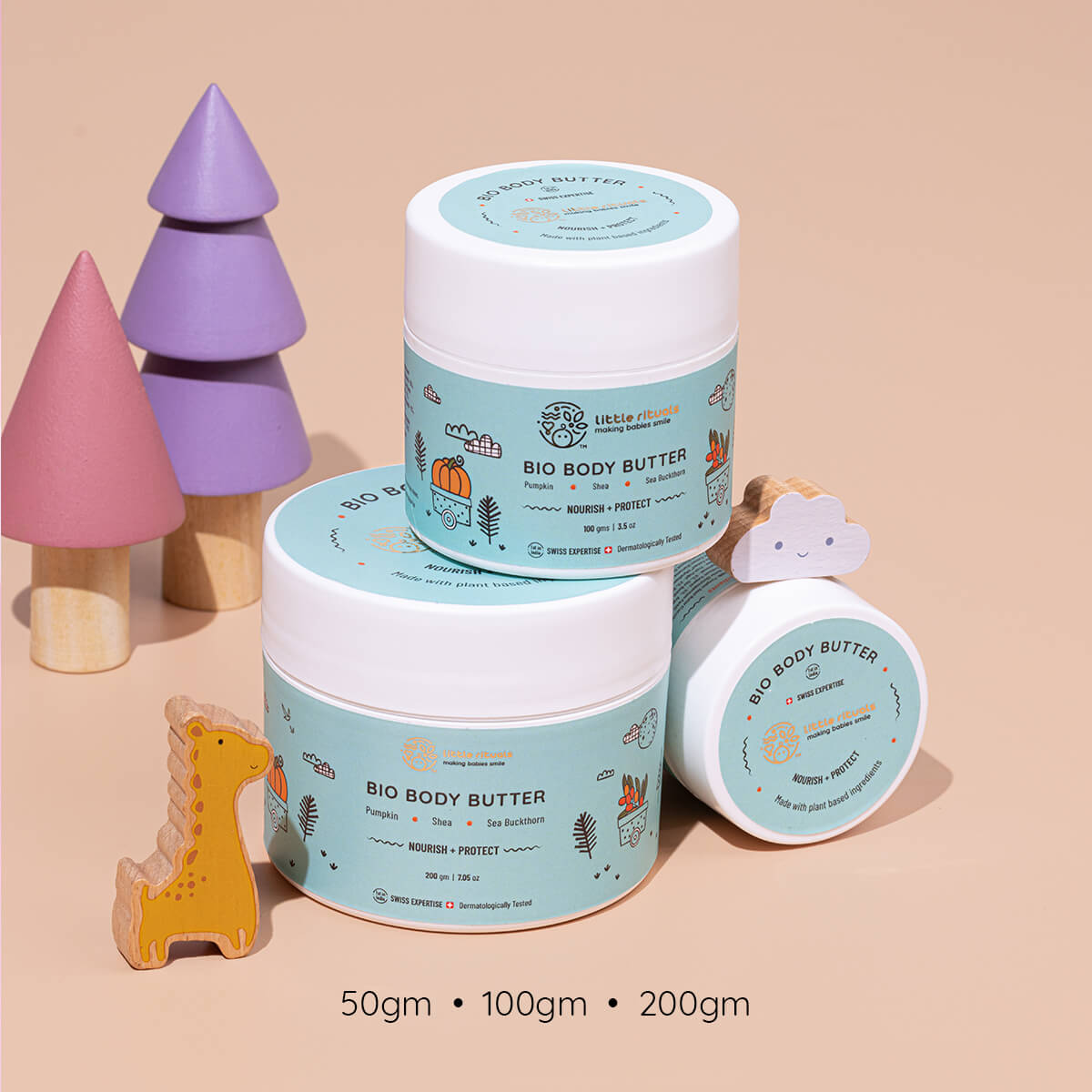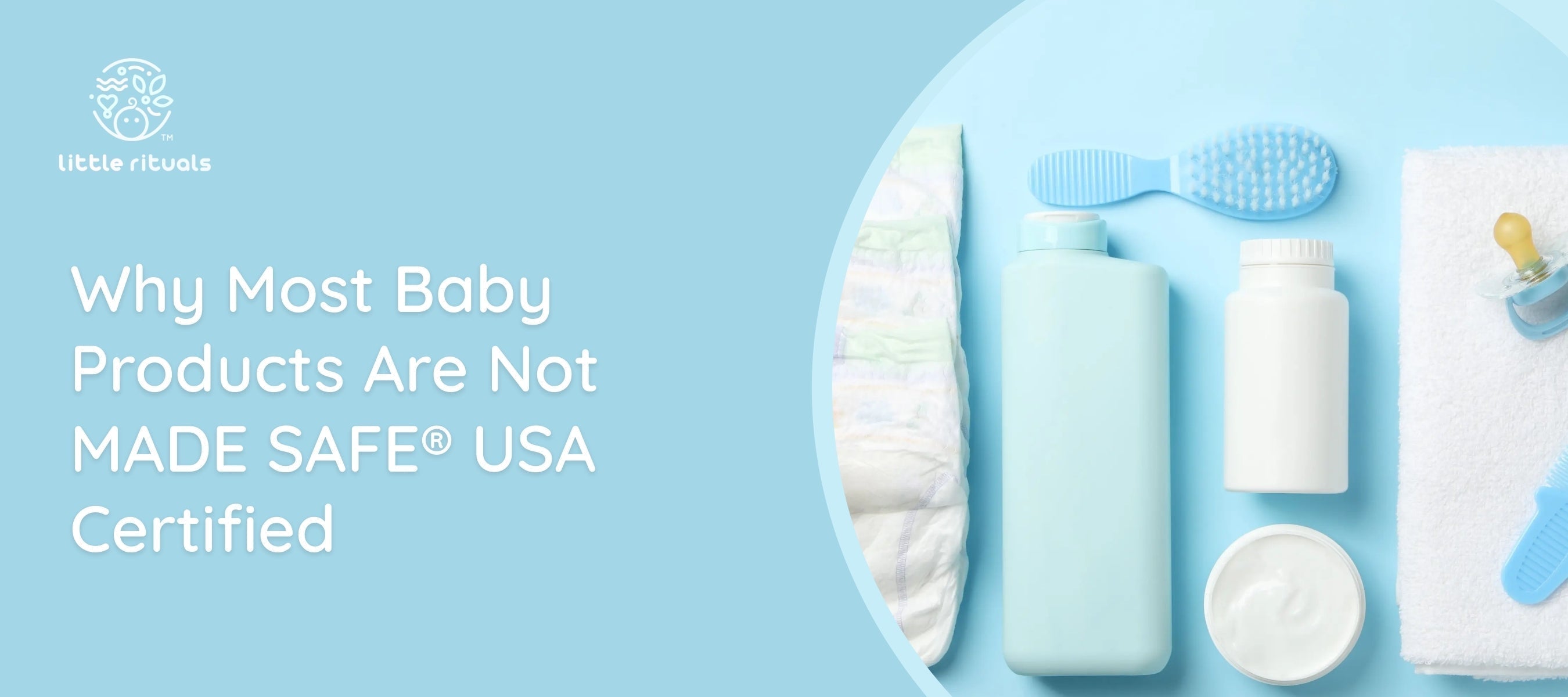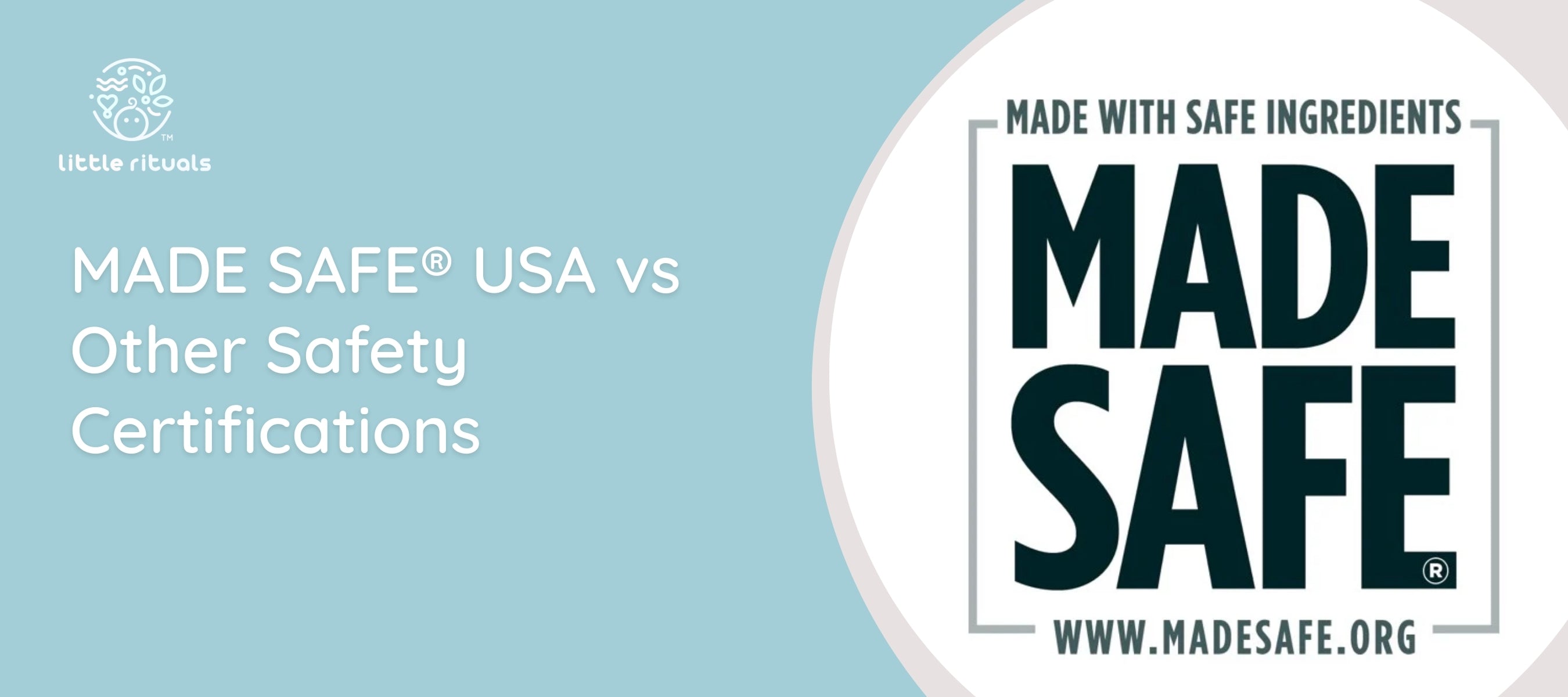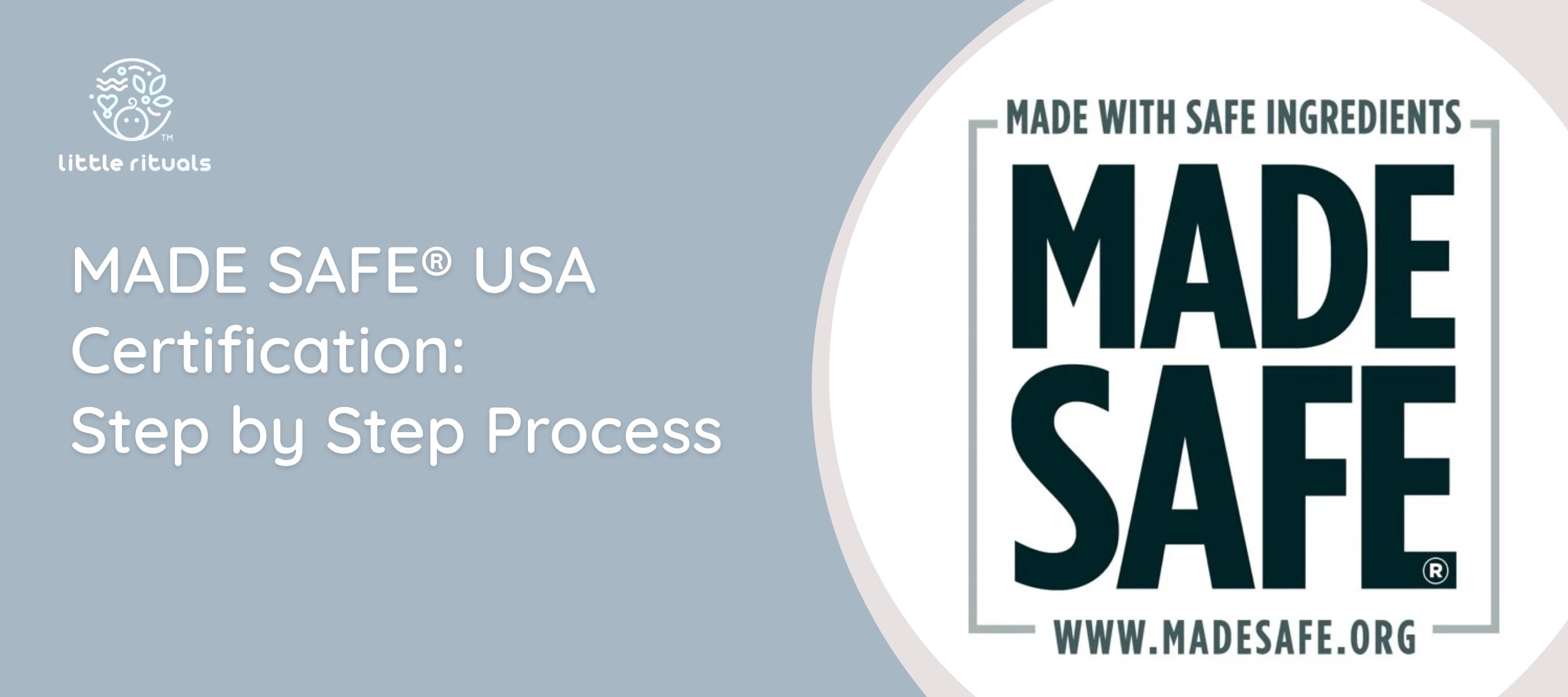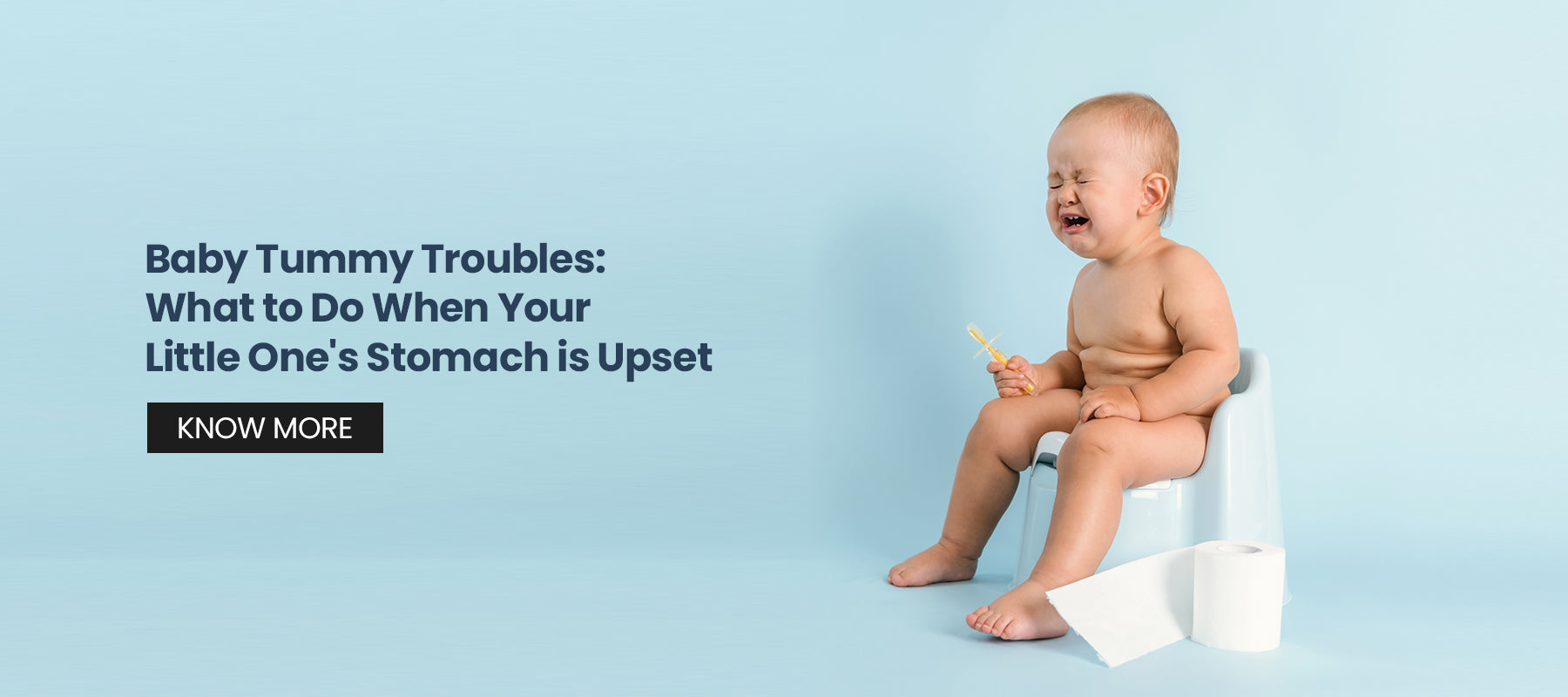
Baby Tummy Troubles: What to Do When Your Little One's Stomach is Upset
As a parent, there's nothing more distressing than seeing your baby in discomfort. The situation is even more stressful when it happens to be your baby's tummy problem. With knowledge of common causes, signs of tummy trouble, and ways to deal with them, you will be able to ensure you keep your baby healthy. In this blog, we are going to focus on what to do when the baby's tummy is upset, and for that, we will provide practical tips.

Recognizing Signs of Tummy Trouble
Babies cannot tell us when they are not feeling well, so knowing the signs of tummy trouble is important. Here are common signs that your baby may be having a tummy ache:
- Crying and Fussiness: If your baby cries more than usual and seems irritable, it may be a sign of a tummy ache.
- Pulling Legs to Chest: Babies often pull their legs up to their chest when they have a tummy ache, as this position can provide some relief.
- Refusal to Eat: A baby with a tummy ache might refuse to eat or have a reduced appetite.
- Diarrhea in Babies: Frequent, watery stools can indicate diarrhea in babies, which is often a sign of an upset stomach.
- Vomiting: Vomiting is another obvious sign that your baby's tummy is upset.
Must Read: Bath Time to Bedtime: A Routine Featuring Baby Lotion for Calm Sleep
Common Causes of Tummy Trouble in Babies
Understanding the common causes of tummy trouble can help you prevent and address these issues effectively. Here are some common causes of baby tummy ache:
- Overfeeding: Overfeeding your baby or feeding them too quickly can cause an upset stomach.
- Gas: This is the most common cause of a baby's upset tummy. It might be accompanied by bloating, aching pain, and crankiness.
- Food Allergies: Sometimes babies are sensitive to certain foods, especially when new food items are introduced to them.
- Infections: Viral and bacterial infections frequently cause diarrhea, and this is usually the reason behind tummy aches in infants.
- Constipation: Constipation is when stools are hard to pass; it will hurt babies and be uncomfortable for them.
- Allergies: Food allergies and perhaps formula allergies could cause tummy troubles as well as other types of digestive issues.

How to Soothe Your Baby's Tummy Ache
When your baby has tummy ache, there are a few things you can do to comfort and ease their tummy:
- Burp your baby: Burp your baby after feeding; it will help in breaking the gas and discomfort build-up in that baby's tummy.
- Apply a Warm Compress: Soothe your baby's belly with a gentle warm compress applied to the area.
- Feed More Frequently, Smaller Amounts: If it is an issue of overfeeding, try giving smaller amounts frequently so that their digestive system does not get a lot to handle.
- Transform Diet: You can remove the offending food from their diet and see if the belly issue persists or resolves, indicating which food is the culprit.
- Keep Your Baby Hydrated: If your baby is having diarrhea, it's imperative to keep them hydrated. For this, you should offer breast milk, formula, or an appropriate electrolyte solution as your pediatrician recommends.
- Massage: Gently massage your baby's tummy in a clockwise direction to help relieve gas and promote digestion.
When to Call the Pediatrician
While most causes of baby tummy aches will allow treatment at home, there are times when you should call your pediatrician. Your pediatrician should be consulted if you encounter any of the following:
- Persistent vomiting or diarrhea
- Severe or prolonged tummy aches
- Blood in stools or vomit
- High fever
- Dehydration signs (for example, dry mouth, sunken eyes, fewer wet diapers)

How to Prevent Tummy Trouble
Prevention is better than cure. Some tips to avoid tummy troubles and make baby's tummy healthy are:
- Keep a Regular Feeding Schedule: Stick to your regular feeding schedule to avoid overfeeding and provide your baby with the right quantity of nutrition.
- Introduce New Foods Gradually: New foods should be introduced gradually. Monitor whether your baby shows sensitivities or allergic reactions to some food materials.
- Use Organic Baby Products: All organic baby products, such as formula and baby food, minimize a baby's exposure to dangerous chemicals and additives.
- Practice Good Hygiene: Wash hands well before touching a baby. Also, ensure that their feeding bottles and utensils are clean and germ-free.
- Monitor Your Baby's Diet: Track what your baby is eating and notice any patterns that may be contributing to tummy trouble.
Conclusion
An upset tummy in babies may be distressing, but using the right approach and knowledge might help soothe your baby to prevent future instances. Know the symptoms of tummy trouble, causes, and measures to be followed for relief.
Additionally, the baby’s skin is delicate and needs to be nourished with the right skincare products. Little Rituals skincare products are mild and dermatologically proven for the delicate skin of your baby. Use our Cold Pressed Organic Black Sesame Oil as navel oiling for your baby to relieve constipation while soothing the skin. You can check out our baby skincare ranges at Little Rituals and follow all the tips to make your baby’s tummy and skin happy.
FAQs
What are the symptoms of an upset tummy in babies?
The symptoms of an upset tummy in babies include crying, fussiness, pulling legs to the chest, refusal to eat, diarrhea, and vomiting.
How can you soothe your baby's stomach ache?
The remedies for soothing your baby's stomach ache include burping your baby, application of a warm compress, smaller feeds to the baby, checking on the food sensitivities, hydration of the baby, and giving a gentle tummy massage.
When should I bring my baby to the doctor for an upset tummy?
Contact your pediatrician immediately if your baby vomits or has diarrhea continuously, experiences severe or persistent stomachache, has blood in the stool or vomits, has a high fever, or displays signs of dehydration.
How can I prevent tummy trouble in my baby?
Prevent tummy trouble by following a regular feeding schedule, introducing new foods gradually, using organic baby products, practicing good hygiene, and monitoring your baby's diet.
What should I do if my baby has diarrhea?
Keep your baby hydrated by offering breast milk, formula, or an appropriate electrolyte solution, as your pediatrician recommends.



















